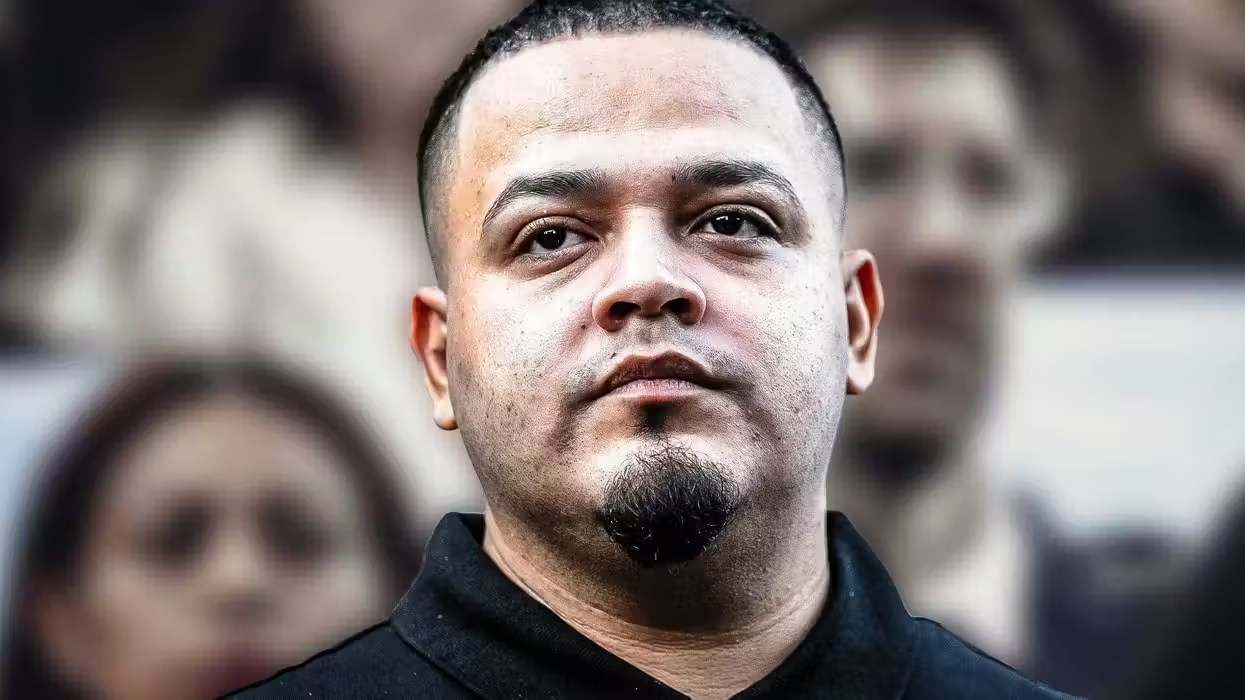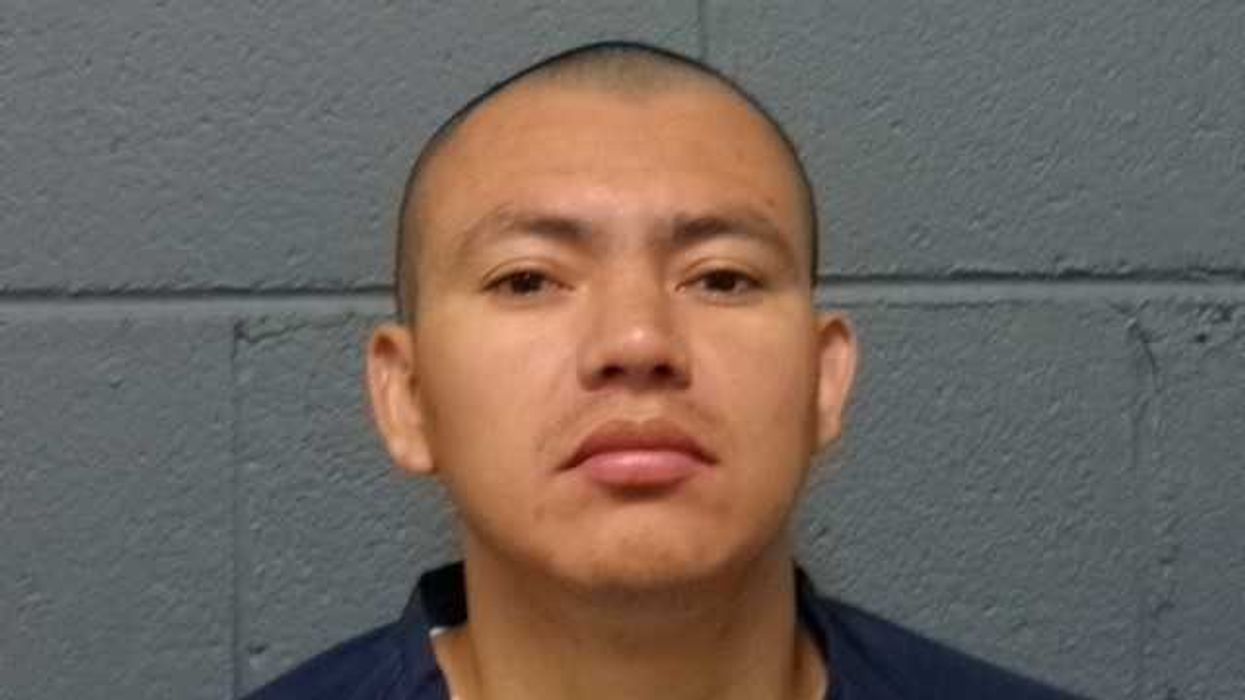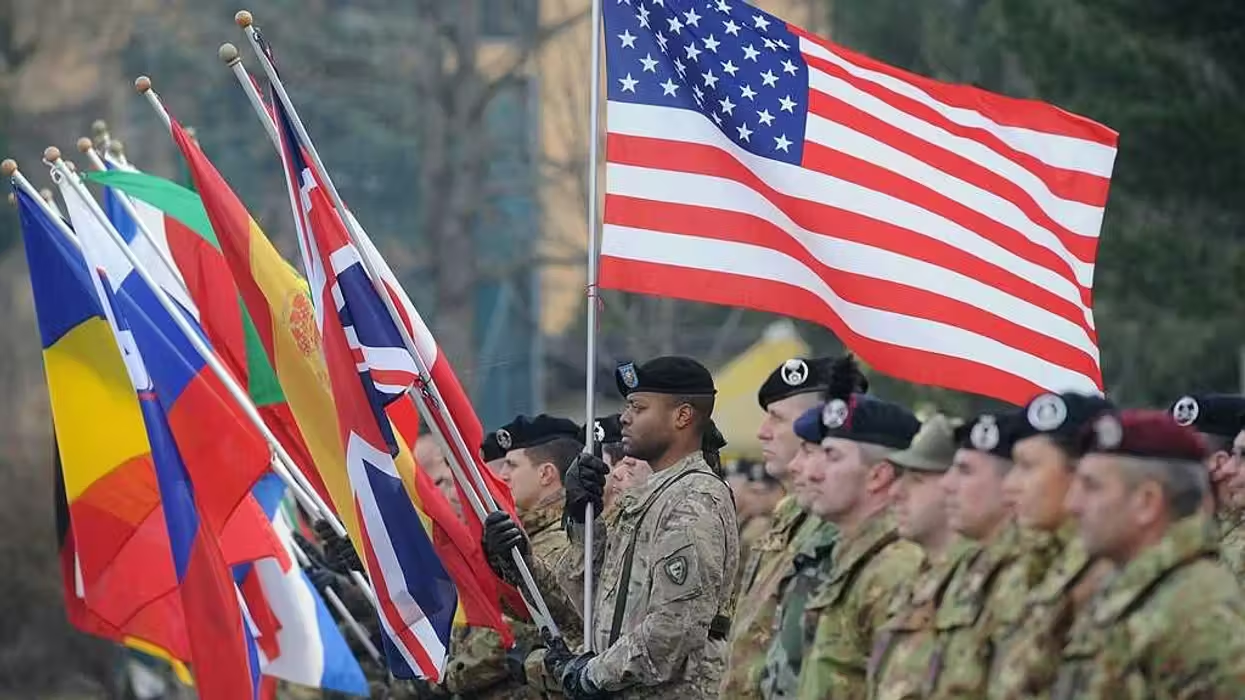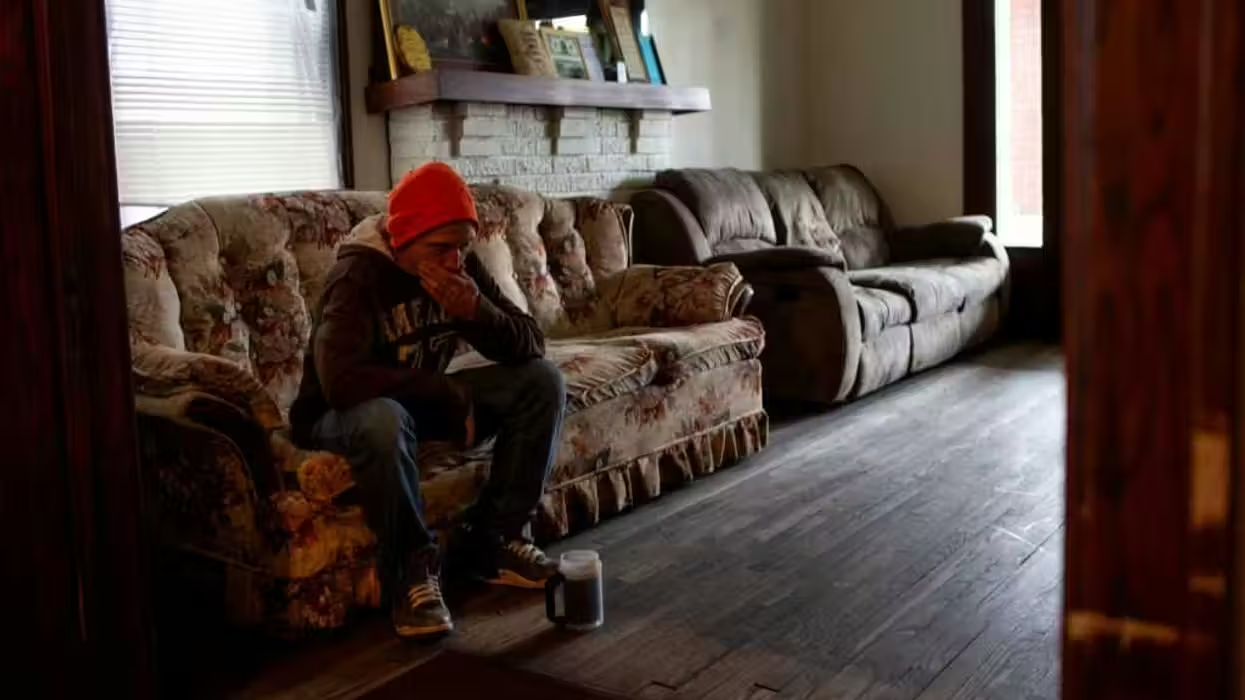A TV crew for Russian-owned REN TV was kicked out of the hospital where a former Russian double agent Sergei Skripal is being treated. The crew had been trying to discredit the British government’s conclusion that a Russian nerve agent had been used in the attack on Skripal.
However, on Thursday, the day after the REN TV report aired, the international Organization for the Prohibition of Chemical Weapons confirmed the United Kingdom’s conclusion.
What happed to Sergei Skripal?
Sergei Skripal and his daughter Yulia were found slumped on a bench near a shopping center in early March in Salisbury, England. Investigators later determined that two had been poisoned with Novichok, which had been developed by the Russians during the Cold War.
They apparently came into contact with it on the front door of Sergei Skripal’s home in Salisbury. While Yulia has since recovered enough to be discharged from the hospital and moved to a secure location, her father continues to be treated.
When the British government demanded that the Russian government explain how its tailor-made nerve agent ended up poisoning someone on British soil, the Russian embassy responded by mocking the British investigation as “evidence free” and “a clear provocation.”
What did the TV crew try to do?
The Russian government has accused the U.K. of a botched investigation, and has even accused the British intelligence agencies of staging the attack. The Russian Embassy in London has also claimed that any attempt to resettle the Skripals somewhere safe would be viewed as “an abduction of two Russian nationals or at least their isolation.”
REN TV had been trying to add to this Russian narrative by proving that the British authorities were lying about how Skripal was being treated in a hospital in Salisbury, England.
But reporter Vitaly Khanin’s report quickly contradicted itself. First, he tried to paint a picture of a hospital that was too relaxed to be treating such a high-profile patient:
“By all appearances, the central hospital in the city of Salisbury is not guarded at all. At least, there's not a single person at the entrance, and a little ways away only one police car is on duty. Nothing is taped off, and the treatment of local residents is continuing here.”
But then shortly afterward he seemed to undermine his own point by saying:
“Even though it appears to be a friendly place, with a large number of coffee machines and drawings on the walls, there are nonetheless many closed doors here.”
What did the sign really say?
At one point, Khanin even made up a translation for an English sign to push his agenda. When he came across a closed door, he claimed it proved that the British authorities were not treating Skripal with the level of security necessary for someone who had been poisoned by a nerve agent.
“It's the microbiology department,” he told his viewers. “The door is sturdily closed and there is a sign here, [saying] ‘Don't enter, Stay back’. By all appearances, this is the only protection from that lethally dangerous substance, which in England they're calling “Novichok”, that the authorities in this facility thought up for their visitors.”
Except, the sign did not say anything close to that. It read “Danger, slippery floor.”
The British National Health Service said that the reporter and his crew had been unable to access any secure areas or patient wards, according to The Telegraph. Seeming to back this up, when Khanin asked two nurses he passed in a hallway about Skripal, one of them responded:
“No, sorry, I don't know anything. We just look after the newborns in this hospital.”
The reporter and his crew were eventually stopped by security guards who made them leave the hospital.
What did the Organization for the Prohibition of Chemical Weapons say?
While the Russian government has been trying to cast doubt on the British investigation into the Skripal poisoning, The Organization for the Prohibition of Chemical Weapons (OPCW) confirmed the British conclusions. The OPCW is an international organization with 192 member states.
Members promise to “share the collective goal of preventing chemistry from ever again being used for warfare, thereby strengthening international security.”
In a statement released on Thursday morning, the OPCW said:
“The results of the analysis by the OPCW designated laboratories of environmental and biomedical samples collected by the OPCW team confirm the findings of the United Kingdom relating to the identity of the toxic chemical that was used in Salisbury and severely injured three people.”
The third person mentioned by the OPCW was a police officer who was poisoned when he came into contact with the Skripals at the scene.







